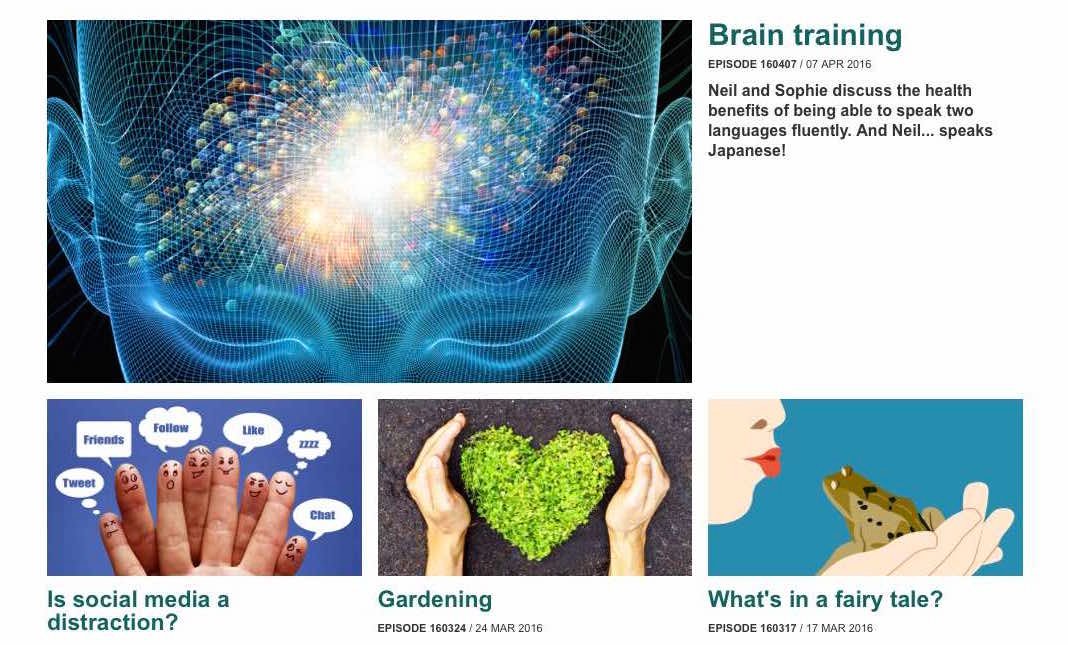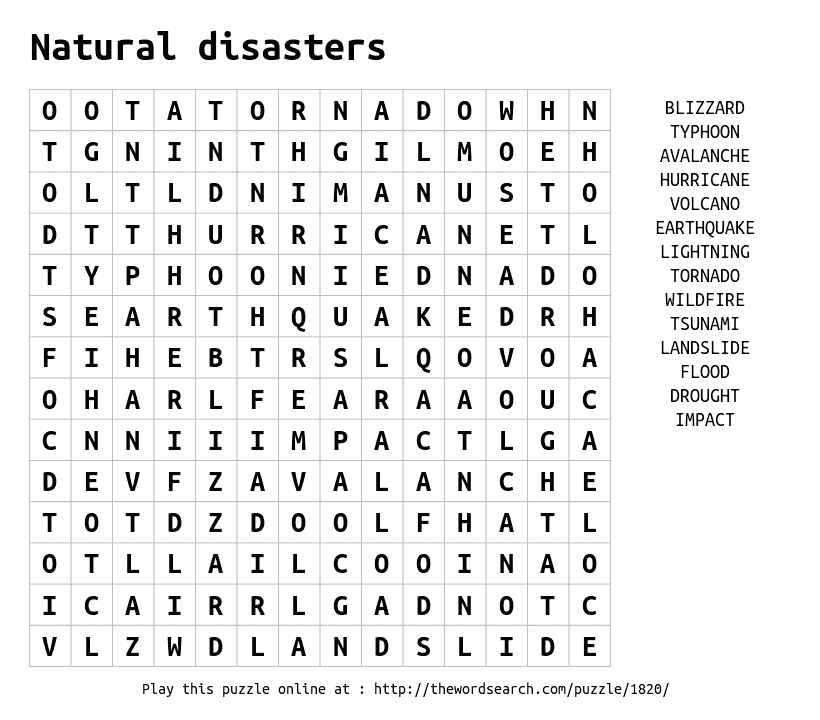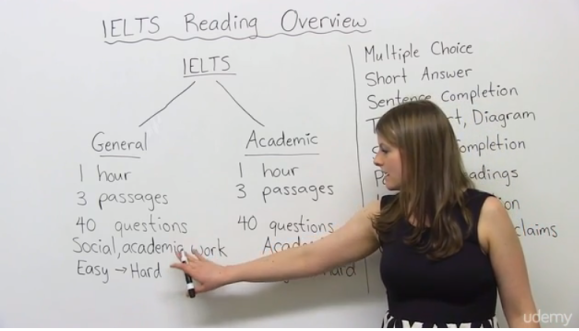More than two million IELTS tests are taken each year and the average candidate’s score is around 6.0. The score needed to enter a university course is typically 6.5 to 7.5.
But some candidates went beyond the call of duty and achieved IELTS 8.0 or 8.5. How did they do it? We asked, and here’s what they said.
Kanako from Japan, IELTS 8.0
I took the test five times and my highest overall score was 8.0 (9 9 7 7). The reason why I took the test so many times is because I got 6.0 or 6.5 for Writing at the first four attempts but I needed to get 7.0. In the end it almost drove me crazy but I did it. I probably did more than twenty Writing practice tests but it was worth it. I asked for feedback from different people including some friends who are native speakers and professional writing coaches such as this website. The range of feedback was surprising! Sometimes it was: Well done this looks fine to me! But I tried to listen more carefully for the criticism. The most important thing I learned was how to organise the essay into four clear paragraphs because I believe that structure is the first thing the examiner notices. I’m sure that was the key to getting 7.0.
Anna from Russia, IELTS 8.5
My overall score was 8.5 with 9 for Reading and Listening, 8.5 for Speaking and 7.5 for Writing. For Speaking: just keep talking! Whatever! As long as it is grammatically correct, the examiner doesn’t really want to know the details of your biography or what you truly think of the topic. They want to hear you speak. I was asked about public buildings. Yeah, right, I can’t sleep without thinking about public buildings. I recite poems about public buildings every day and sometimes at night. NOT! So I just launched an endless speech inventing things but trying to stick to the subject and connect all the ideas that came to mind to the public buildings, bless them 🙂 It worked. Dont try to use texts you learned by heart. You must sound as natural as possible. For this, read out loud, talk to yourself (yes, ignore haters:)), watch movies and don’t be afraid! And under no circumstances say “I don’t know” and then stop. Say instead: Hmm, I have never given it a thought, but this is an interesting idea. I would say… and blah-blah-blah!
Pie from Thailand, IELTS 8.5
I took the test a few years back and the score was 8.5 with a 9 in both Reading and Listening. I personally relied on neither tricks nor techniques at the time. With that said, I realized later that I should have, especially for the speaking and writing sections. I believe the key for those two parts is to make sure you don’t steer away from the given topic and the best way to do so is to answer positively if and when you can. By that I mean if asked whether you agree or disagree, try not to go with the latter and when asked to describe something, for example your favorite toy, don’t say that you don’t/didn’t have one.
Liz from Romania, IELTS 8.5
I finally scored 9 9 8 8 for my IELTS exam and now I’m waiting for my visa to be processed. The help I got from IELTS Academic with my Writing tasks and Speaking practice was great. What was the secret? Practice practice practice! I took many full tests at home, I timed myself, sat down and did Listening, Reading and Writing without moving, just like at the real exam. I also learnt special language requested in different topics in the Speaking exam. The Writing practice tests I took with IELTS Academic helped me to realise what I was doing wrong, and made a big difference for my overall score. I remember reading my first essays, then comparing them to my latest. Huge improvement. I also created the best conditions for myself before the exam, I slept as good as I could one week before, tried to keep calm and don’t exhaust myself, and really, the last time I took it I KNEW that I had done my very best and that it was hard to go any higher. A newcomer should take into consideration EVERY variable he/she can and not leave anything to chance.
So there’s your answer: there’s no single way to crush IELTS and achieve a Band 8 score. The candidates above all put in different amounts of effort, for sure.
Interestingly, all four candidates achieved the highest possible score of Band 9 in Listening and Reading, which suggests they already had an excellent understanding of English before taking the test. But they all found Writing and Speaking a bit trickier, as these sections are based on a more subjective assessment of skills.
For Writing and Speaking, the basic guide to success appears to be: (1) Get expert feedback on your Writing tasks and analyse what factors help to improve your score. (2) Maintain a positive outlook in Speaking and say as much as you can.












 Focus on IELTS has long been a popular choice for teachers and it’s easy to see why. There’s a good balance between authentic Academic IELTS test items and meaningful group exercises, while the inclusion of a grammar reference guide and extra writing practice make this a solid friend for classroom use. The new edition corrects most of the mistakes in the first edition and adds more EAP elements such as critical thinking and reflective learning. One remaining drawback is the lack of a version with full answer key and scripts. Also available in a Foundation edition that introduces test practice more gradually. Rating 9/10
Focus on IELTS has long been a popular choice for teachers and it’s easy to see why. There’s a good balance between authentic Academic IELTS test items and meaningful group exercises, while the inclusion of a grammar reference guide and extra writing practice make this a solid friend for classroom use. The new edition corrects most of the mistakes in the first edition and adds more EAP elements such as critical thinking and reflective learning. One remaining drawback is the lack of a version with full answer key and scripts. Also available in a Foundation edition that introduces test practice more gradually. Rating 9/10 One unique aspect of the Objective series is that test practice exercises are mostly written to focus students’ attention on a particular item type. There’s also an attractive presentation, discussion-led format, and strong grammar coverage throughout both books. The inclusion of test items from both the Academic and General Training modules in both books can be either a blessing or a curse depending on your teaching situation. A self-study student’s book with answer key and scripts is available for a slightly higher price, and there’s a teacher’s book with regular practice tests. Be warned: the level of questions in Objective IELTS Advanced is extremely challenging. Rating 8/10
One unique aspect of the Objective series is that test practice exercises are mostly written to focus students’ attention on a particular item type. There’s also an attractive presentation, discussion-led format, and strong grammar coverage throughout both books. The inclusion of test items from both the Academic and General Training modules in both books can be either a blessing or a curse depending on your teaching situation. A self-study student’s book with answer key and scripts is available for a slightly higher price, and there’s a teacher’s book with regular practice tests. Be warned: the level of questions in Objective IELTS Advanced is extremely challenging. Rating 8/10
 At first glance this seems to be a supplement to Focus on IELTS, but it’s actually a radically different kind of coursebook, one very well suited to self-study. Test strategies are broken down into easy-to-follow processes, and authentic test items are supplemented with directions in blue text. There’s also a full answer key. The new edition of the book includes both audio CDs and is therefore an even more complete package than the first edition. The only drawback is that it’s a little too process-oriented for classroom situations. Rating 9/10
At first glance this seems to be a supplement to Focus on IELTS, but it’s actually a radically different kind of coursebook, one very well suited to self-study. Test strategies are broken down into easy-to-follow processes, and authentic test items are supplemented with directions in blue text. There’s also a full answer key. The new edition of the book includes both audio CDs and is therefore an even more complete package than the first edition. The only drawback is that it’s a little too process-oriented for classroom situations. Rating 9/10 Independent learners will appreciate these self-study guides from Cambridge which focus on grammar and vocabulary with an academic dimension. Suitable for all low- to high-intermediate-level students. Both books come with an audio CD, which means that test-takers are activating more than just their reading and writing skills. Of course, it is ideal if these books can be supplemented with opportunities for spoken output such as a group lesson or study buddy. Rating 8/10
Independent learners will appreciate these self-study guides from Cambridge which focus on grammar and vocabulary with an academic dimension. Suitable for all low- to high-intermediate-level students. Both books come with an audio CD, which means that test-takers are activating more than just their reading and writing skills. Of course, it is ideal if these books can be supplemented with opportunities for spoken output such as a group lesson or study buddy. Rating 8/10